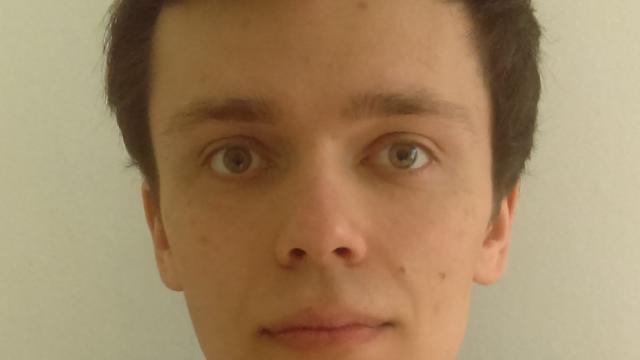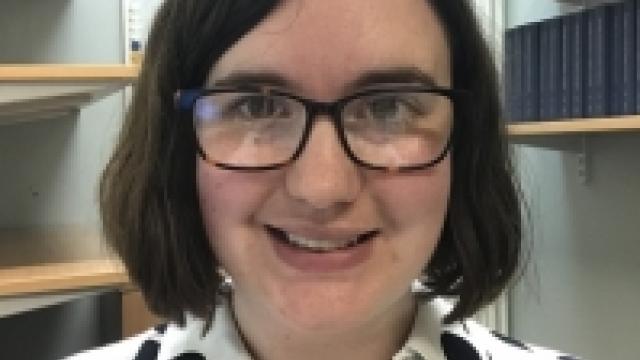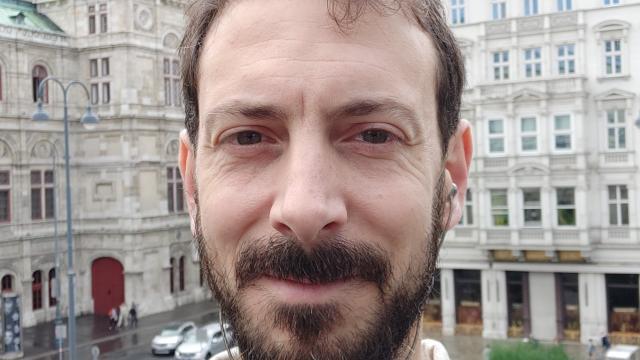05-09 June 2023
Venue: LG.07 40 George Square
This course will equip attendees with knowledge of all the main techniques required to conduct data and text analysis, providing them with the basics of web scraping, text analysis, topic modelling, sentiment analysis, data wrangling, data analysis, inferential statistics, cluster analysis, and data visualisation. Learning will be challenge-led, with data gathered from the Scottish and UK Government websites being used to analyse a series of research questions related to the ongoing cost of living crisis.
Hands-on practical exercises are combined with theory, alongside presentations on the real-world applications of the techniques that will be taught. Participants will also have an opportunity to bring their own datasets and research questions to the course, to apply and tailor what they are learning to their own projects.












